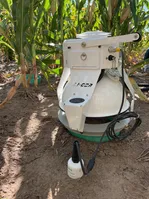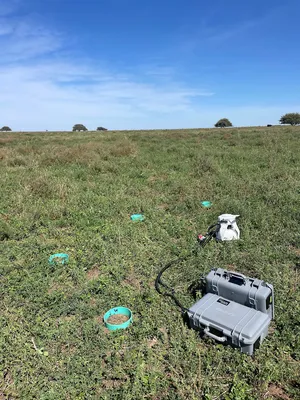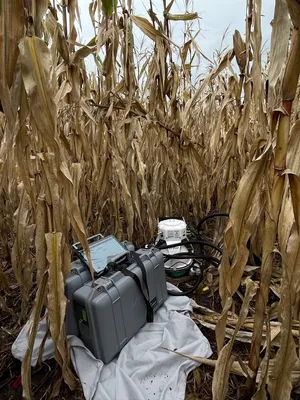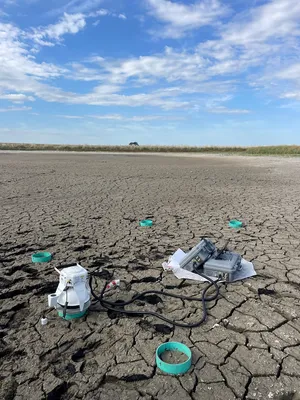Soil and global change: land use & biogeochemical processes

Soils are the foundation of life — they support plant growth, host an incredible diversity of organisms, regulate water and nutrient cycles, and store vast amounts of carbon. They also act as a vital interface with the atmosphere, exchanging gases that influence our climate.
However, land use changes — such as deforestation or converting native vegetation to agriculture — can disrupt soil structure and alter biogeochemical properties. These changes reduce the soil’s capacity to store carbon and can increase greenhouse gas emissions.
Understanding the mechanisms and drivers behind these changes is essential for developing sustainable land management practices. Such knowledge can help mitigate climate change, preserve soil health, and safeguard food security.
In collaboration with a research team from the University San Luis in Argentina, we are studying how land use change and flooding affect soil biogeochemical cycles and gas exchanges (CH₄ and CO₂) in the Pampas region. Our goal is to identify the critical variables and processes that drive changes in carbon losses and dynamics.
Research team
Researchers
TUM: Stella Nevermann (PhD candidate), Prof. Dr. Mariana Rufino
GEA (Grupo de Estudios Ambientales): Esteban Jobbágy, Marcelo Nosetto, Marcos Niborski (PhD candidate)
IHLLA & UNICEN: Javier Houspanossian, Francisco Diez (PhD candidate)
Lancaster University: Nick Ostle
MSc & BSc theses:
To be added


